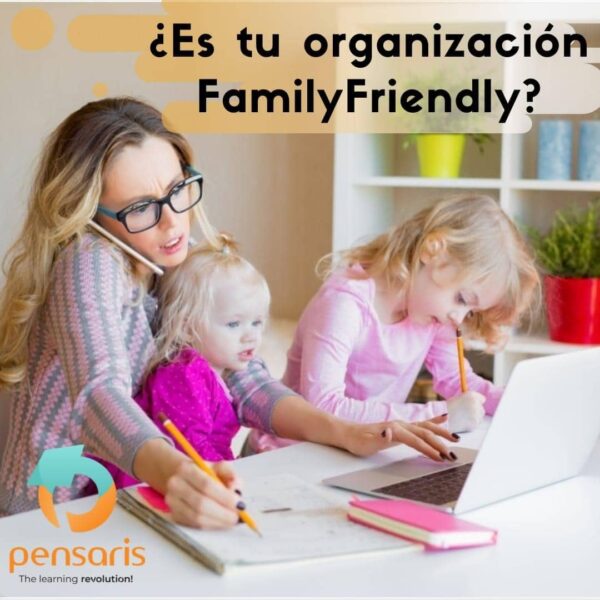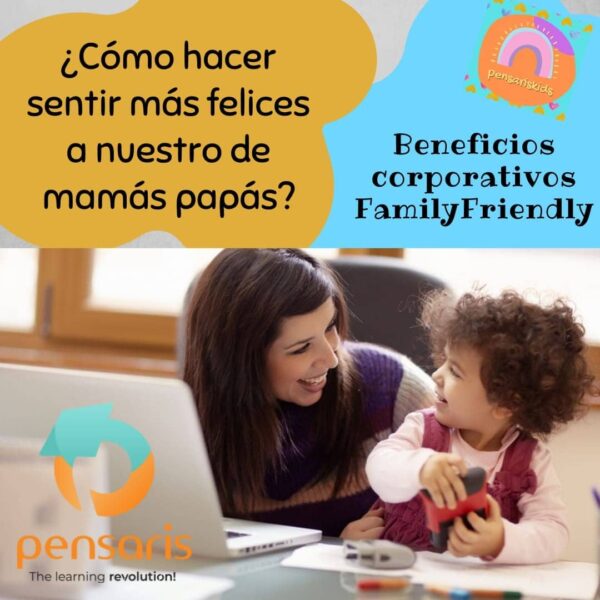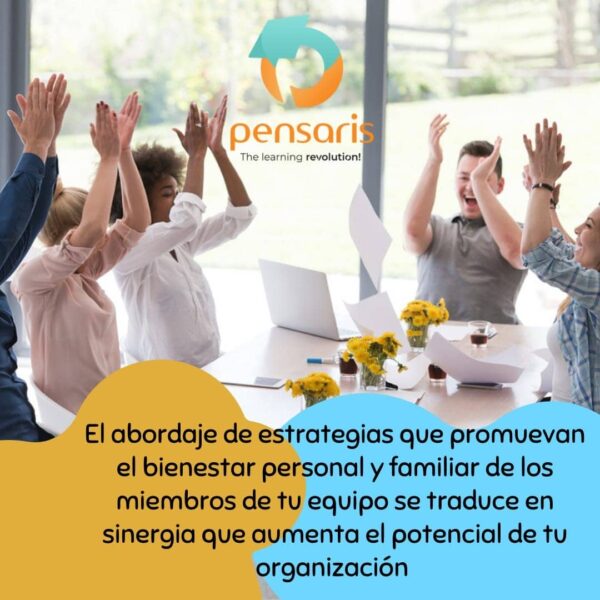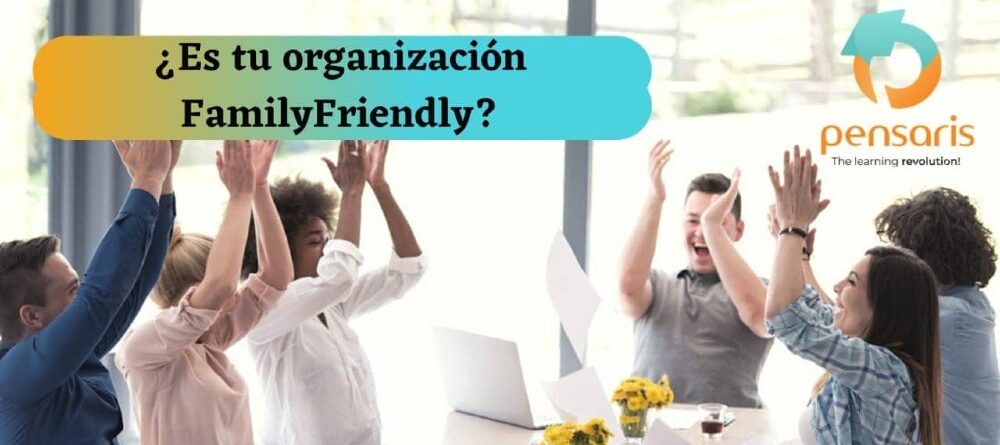Is Your Organization Family Friendly?
There are many challenges that organizations face. One of them is strengthening work forces, developing strategies that cultivate and preserve talent.
How is it that an organization gets its employees to remain in the company and find a place in it to grow professionally and develop personally?
Today, thinking about strategies for strengthening institutional culture and member loyalty isn’t just about issues regarding activities within a job description, promotions, and corporate benefits exclusively geared towards professional life. Currently we know that performance and excellence on the job can only be sustained over time if the company itself takes into account other aspects that include personal and emotional well-being along with the balance with family life and recreation.
In this article we intend to reflect on the need that emerges in companies to plan maternity or paternity leaves in a society in which caregiving roles and tasks tend to be increasingly shared and not left entirely up to the woman. At least, that is expected to be a necessary condition in order to begin to close the gender gap that has always existed to the detriment of women. It’s essential that businesses not just go along with these changes but also be a part of these changes.

In view of these needs to adapt licensing systems, questions arise:
How can a company act in an inclusive way with solidarity when one of the team members is a mother or father? How does it attract and preserve young talent and still be a socially sustainable business? How does it get employees to feel like they’re not alone in any step of their family lives? Can we think of areas of activity for women to continue contributing value to the company even if they do not return after their leave is over? How do we make our team of moms and dads happier?
The arrival of a child always involves the family reorganizing its routines. Starting school as much in kindergarten as in elementary presents real challenges to moms and dads that juggle child raising with their jobs. At the same time, if we consider the key to happiness and well-being, we must also consider the alternative possibilities that can be implemented so that each one of these stages that a family goes through is not just compatible with job responsibilities but can also contribute to a better work environment, a more consolidated institutional culture that’s based on shared values.

Family friendly companies: How does your company adapt to help families on your team?
At Pensaris, we call them “family friendly companies.” We are convinced that offering child-oriented programs along with the organizations’ benefits programs are key to promoting balance, well-being, and better results.
For this reason, four years ago we started @PensarisKids, a virtual academy for languages and arts… a perfect combination! It’s an online space dedicated to workshops with a ludic approach, content, and methodologies designed specifically for kids ages 3 to 11.
Singing, playing, painting, creating, learning languages in a fun way, along with other organized special activities like camping trips, virtual summer camps, art festivals, and much more are significant contributions to the well-being within each family. As a part of the benefits that your organization offers your employees, it also means giving moments to share and enjoy parenthood.

Individual and collective well-being as a foundation of institutional culture
In 2020/2021, the Covid-19 pandemic hit our work and personal lives hard. More than ever before the human element was reinforced to sustain the organizational structures, and also like never before, we understood how complex, necessary, and valuable it is to balance in a healthy way our work and family life.
Pensaris offers choices to help businesses in this challenge of designing and implementing strategies to be #FamilyFriendly and stay competitive: webinars, training courses with breaks, and help for parents with workshops and ludic activities for kids.

By changing perspective and consolidating teams with higher levels of collective performance that is increasingly competitive, your company can find its key to success in areas that promote personal and familial well-being. Teams can develop synergy from a sense of institutional belonging because being part of that organization makes them happier.

